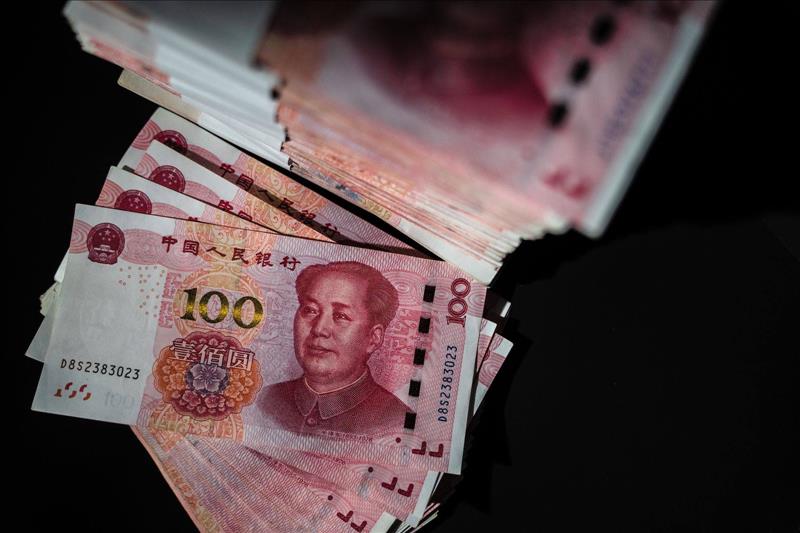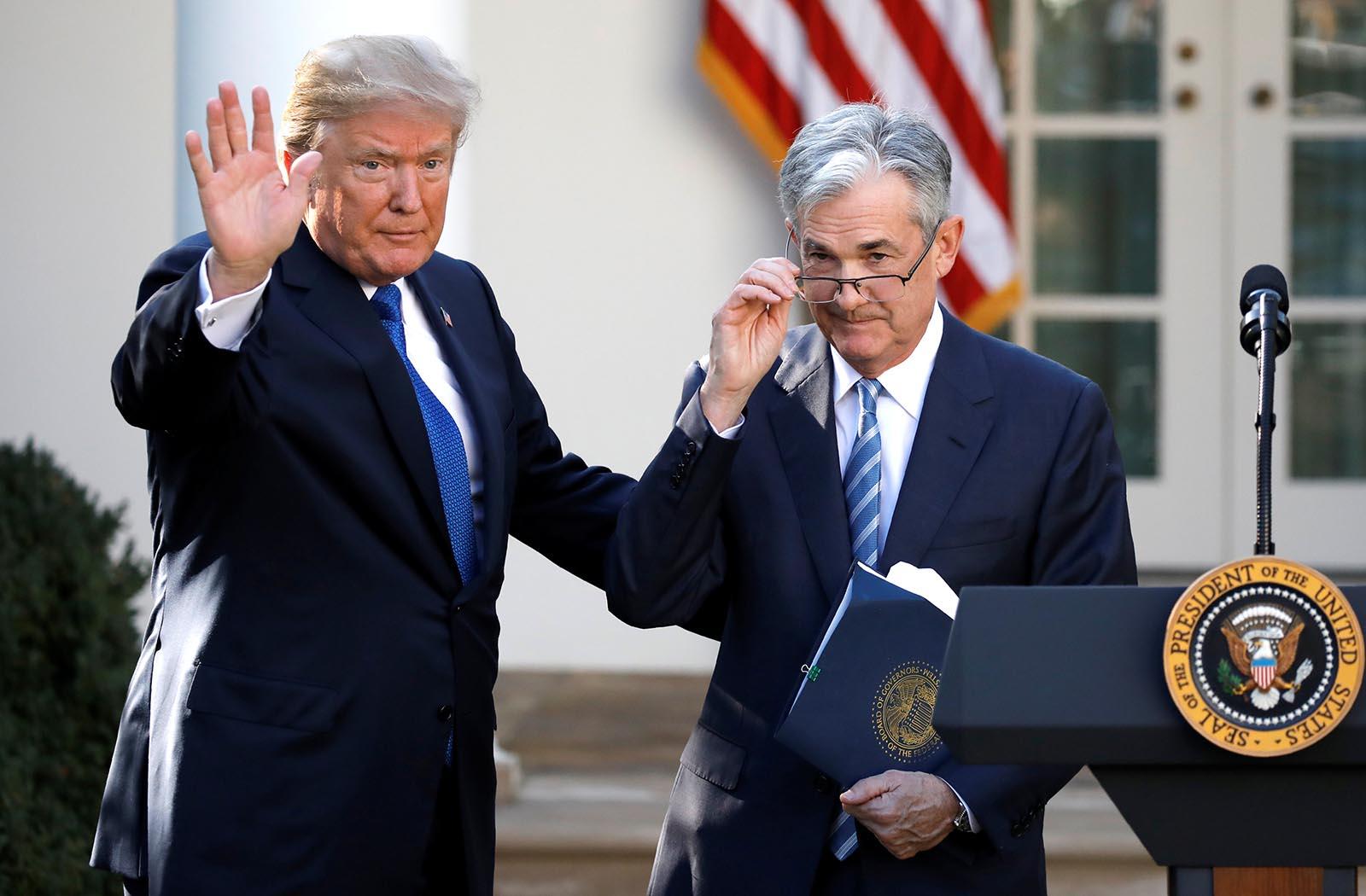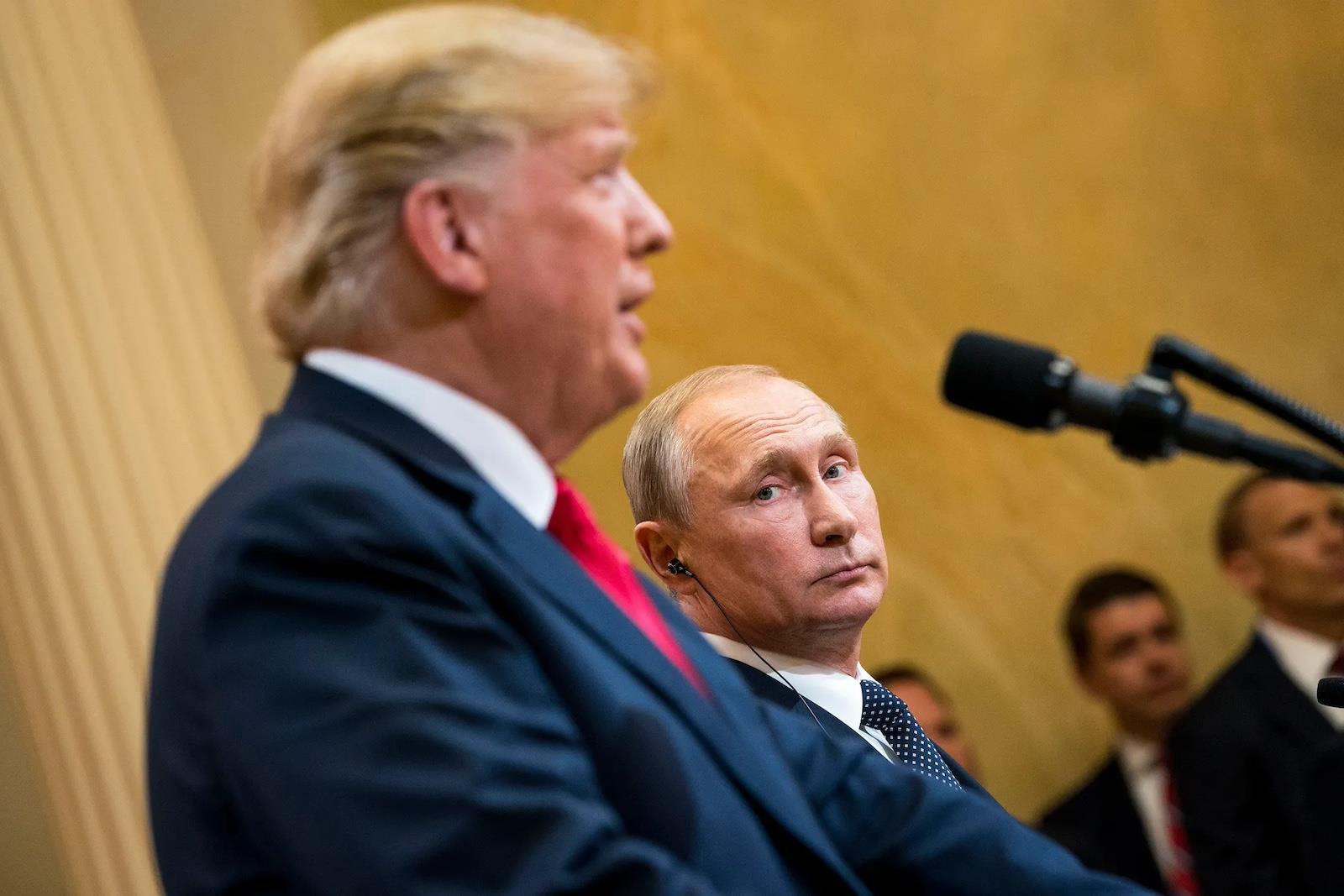
China's $1.4 Trillion Debt Swap Girds For Trump Tariffs To Come
The move to refinance local government debt, approved by the Standing Committee of the National People's Congress, marks the first such undertaking since 2015 to raise the debt ceiling for municipalities.
It comes amid underwhelming economic growth, deflationary pressures, high youth unemployment and fears of another Donald trump presidency that makes trade wars great again.
Finance Minister Lan Fo'an said the swap arrangement is“a major policy decision taking into consideration international and domestic development environments, the need to ensure the stable economic and fiscal operation, and the actual development situation of local governments.”
Lan reckons the swap might save roughly 600 billion yuan (US$84 billion) in interest payments over five years, freeing additional resources to boost investment and consumption. As of the end of 2023, Lan estimates, China's outstanding hidden debt was 14.3 trillion yuan.
Few economists think Friday's step is enough to revive confidence, as evidenced by a drop in stocks and the yuan. Nor do most think it will be the last effort to change the narrative.
As Carlos
Casanova, economist at Union Bancaire Privée, sees it,“the local government debt swap program remains insufficient, but additional measures could encourage a recovery in private investment and a broadening of domestic consumption.”
Many economists think a more direct effort to boost household demand might still be needed. What the swap program might do, though, is buy Xi's Communist Party some time to implement vitally needed reforms.
Everyone knows Team Xi needs to get busy repairing the property sector and strengthening capital markets. It's also well-known that Beijing must act faster to reduce the dominance of state-owned enterprises and make more space for startups to disrupt the economy. And officials must build more robust social safety nets to encourage households to spend more and save less.
Yet much as global investors crave these upgrades, they don't often afford Beijing the patience needed to execute them. And efforts to repair, change or tweak China's economic engines are sure to depress growth somewhat. Markets, though, won't hear of it.
Any hint mainland growth might disappoint prompts global funds to sell down Chinese stocks. It prods economists everywhere to assess the falloff for global growth, trade flows and commodity prices in often dire, market-deflating terms.
It makes Xi the economic equivalent of a CEO struggling to make a company's numbers each quarter. This cycle breeds short-termism - and it helps explain why Beijing has been so slow to revamp China Inc.

Legal Disclaimer:
MENAFN provides the information “as is” without warranty of any kind. We do not accept any responsibility or liability for the accuracy, content, images, videos, licenses, completeness, legality, or reliability of the information contained in this article. If you have any complaints or copyright issues related to this article, kindly contact the provider above.
Most popular stories
Market Research

- Manuka Honey Market Report 2024, Industry Growth, Size, Share, Top Compan...
- Modular Kitchen Market 2024, Industry Growth, Share, Size, Key Players An...
- Acrylamide Production Cost Analysis Report: A Comprehensive Assessment Of...
- Fish Sauce Market 2024, Industry Trends, Growth, Demand And Analysis Repo...
- Australia Foreign Exchange Market Size, Growth, Industry Demand And Forec...
- Cold Pressed Oil Market Trends 2024, Leading Companies Share, Size And Fo...
- Pasta Sauce Market 2024, Industry Growth, Share, Size, Key Players Analys...


























Comments
No comment